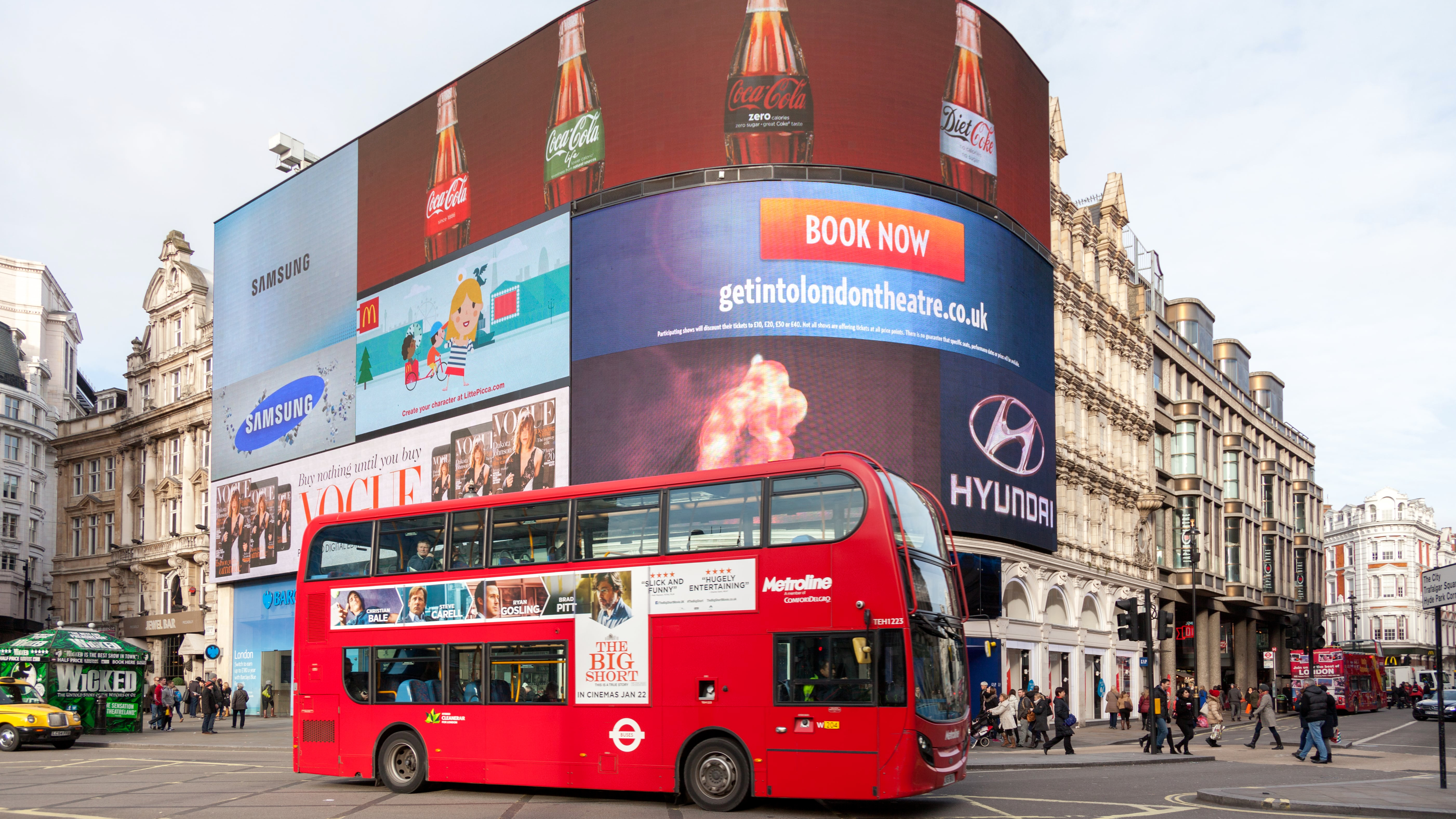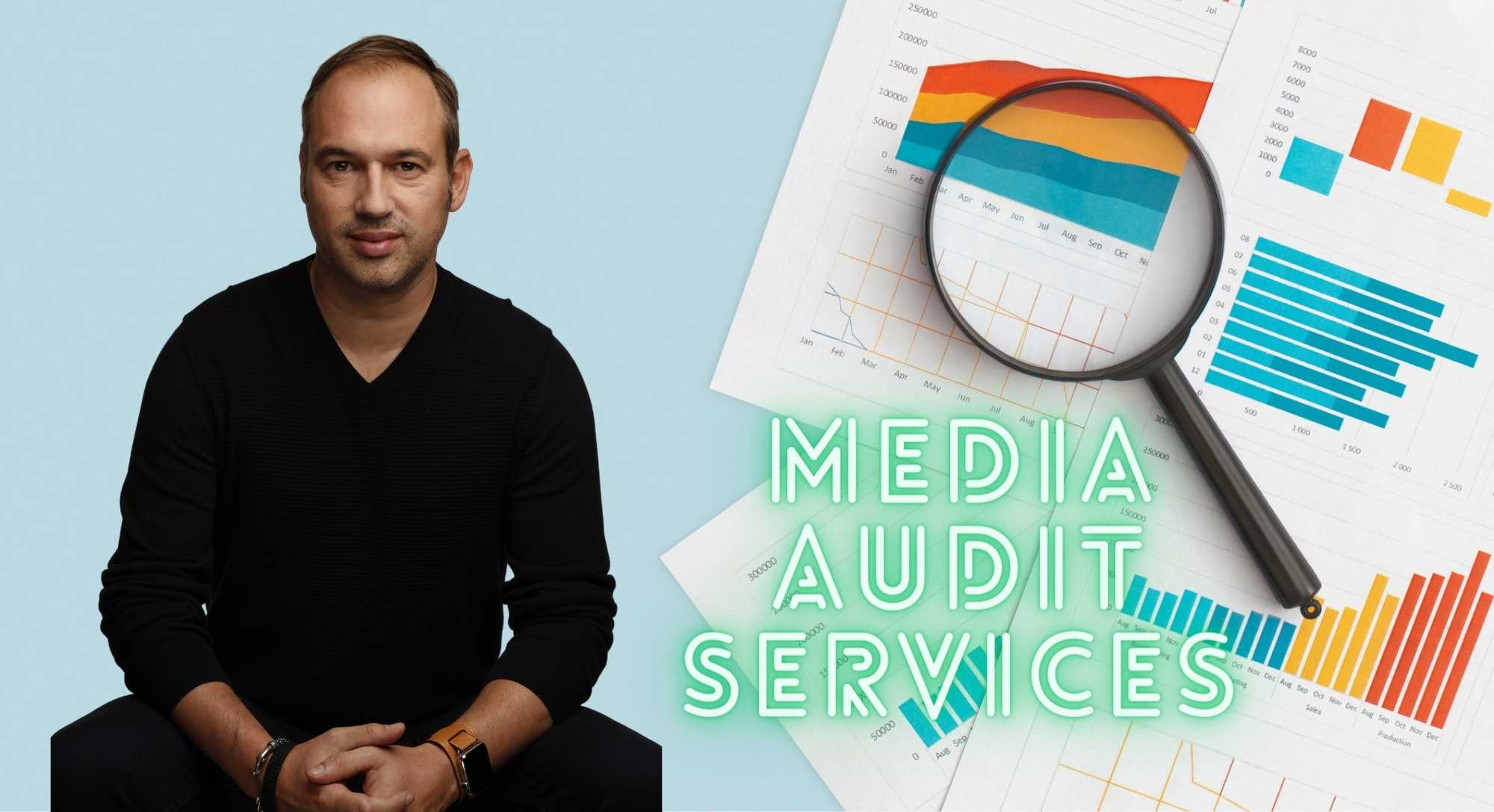Advertiser-agency relationships are more important than ever. Today, media is planned, sold and bought in new and myriad ways. And this has led to a complex and ever-expanding ecosystem of media agencies and intermediaries.
Managing this complex agency ecosystem comes with its own significant challenges - with a lack of transparency alone causing a major obstacle for advertisers. One way leading brands are tackling this is by maintaining rigorous oversight throughout the entire media management process. This results in their media agencies gaining better performance and generating better ROI.
This robust media management process should start with the contract and move to audit remuneration, deliverables, invoices and more.
The contract is the core of a transparent and successful relationship between an advertiser and its media agency. One hole in your contract could not only cost you a relationship but a whole lot of money. So, having the right commercial and contractual structures is critical for establishing better service levels, better commercial terms, transparency, and behaviours from media agencies.
🔎 Top tip: Building effective agency relationships is a two-way street. Advertisers need to go beyond top-level media agency oversight and get a complete 360 degree, holistic, and detailed understanding of their media agency and internal operations.
Why a holistic view is so important
A fundamental part of a great client-media agency relationship is having a very clear view of both the media agency and your own internal operations.
With a thorough understanding of the entire media management process, you can ensure everything from contract creation through to performance tracking follows best practices - which ensures you get the most from the agency from the start and therefore campaigns that produce a better ROI.
This holistic view is crucial. Reviewing how performance elements interlink alone can’t flag where any issues are. For instance, looking at the media pricing alone (which is done through pool benchmarking auditing) might not be the main factor for the poor media performance.
It could be because of having a poor media agency contract. Or because the media planning and buying process between the advertiser and their media agency is poor. Or even because there is no accountability (i.e. media performance tracking done by the advertiser) so the agency can do what they want, without any challenge or scrutiny.
If no one is looking and holding agencies to account, they will misbehave and media performance will suffer as a result.
Likewise, media agencies also have a stake in greater transparency.
By engaging advertisers in an open, straightforward way, they can restore trust and build true partnerships with their clients. Greater transparency can also boost the reputations of media agencies, which have suffered in recent years.
Key benefits of a holistic view:
- Savings potential: Identify savings potential by benchmarking media pricing, agency remuneration, cash AVBs, and digital media technical costs.
- Assess compliance: Assess whether your media agency was fully compliant with the contractual terms and conditions.
- Identify deficiencies: Identify any potential deficiencies from either you or your media agency in relation to the media planning and buying process.
- Roadmap for improvement: Use this insight to create clear recommendations for improvement, with key milestones and estimated timeline, in order to deliver these changes before the next media campaign.
Key steps to improve agency-advertiser relationships
Advertisers can build more transparent, partner-like relationships with their media agencies through a 360 degree, holistic approach.
1. Build a strong media agency contract
Setting expectations is vital to ensuring that your agency maintains appropriate and realistic expectations.
One simple way to do this is to have media agency commitments clearly outlined in your major agency contract, as well as having a methodology document. If the contract is poor, everything will go badly from there on end.
🔎 Top tip: It’s helpful to clearly indicate step by step, how those commitments will be measured, and validated. This is especially important when working with a media agency. Both parties need to take part in this process, to make sure that each knows what’s expected of the other.
2. Ensure fair agency remuneration based on performance
Setting expectations early helps to manage remuneration. This must be fair to both parties, aligning with the agency's goals while meeting your advertising objectives. Agreeing to an equitable arrangement builds trust between you and the media agency and builds stronger partnership footings.
Some agencies will use a Performance Related Fee (PRF) so that remuneration is based on performance. This is a great way to ensure an agency is delivering you their best media inventory, their best media prices, and their best people. It also helps protect you in case your media agency is under performing - they can even be penalised through a malus/penalty scheme.
🔎 Top tip: A PRF will ensure the agency is incentivised to deliver their best work and deliver on the pitch commitments, or to penalise them financially if they don't. Media Agencies do not like to lose money while servicing clients, so such a scheme is a very powerful insurance policy to avoid poor performance from the agency.
3. Agree evaluation methods
Both parties should agree on the metrics for every campaign. Fundamentally, the goal here is to increase accountability and the performance of the campaigns.
Post-campaign reports are hugely important. They evaluate the execution of a media plan and provide a quantitative and qualitative assessment of a campaign's performance. Each campaign should have one, and it is always part of a media agency's contractual obligation.
Often, advertisers don’t feel they are receiving the media management quality that they expect. To help assess criteria like performance, price and more, advertisers can use benchmark comparisons provided by third parties.
🔎 Top tip: We recommend looking at all elements of media performance together to understand where campaigns are underperforming to get a holistic, more reliable view.
4. Prioritise communication and transparency
You might have heard of the media transparency issue, where media agencies receive undisclosed rebates from media owners, and media funds are used as "principal" to resell media inventory to advertisers with undisclosed mark-ups.
We see a lot of our clients coming to us, having been told by their media agencies that their cash rebates were already included in their media prices. This is a decoy. Don't be fooled. Or you might be receiving only a fraction of what you are owed back. Knowing how to achieve full media transparency will bring financial benefits, but will also improve trust between you and your media agencies.
🔎 Top tip: With trust between media agencies and advertisers now lower than ever, becoming aware of the issues and potential solutions is key.
This helps to tackle challenges like:
- Media price disparity
- Loss in efficiency (lack of AVBs)
- Loss in effectiveness (lack of media neutrality)
- Loss in agency trust
5. Look in the mirror and review internal operations
What we tend to see is advertisers sometimes are not happy with the agencies and think that changing agencies will change the results. But if you're not geared up properly, or if you don't have the right skills internally in order to manage and incentivise a media agency, the results will not change.
🔎 Top tip: Consider how you manage media internally, and try to ensure that you have best practices in-house. If you don't believe you have the right set of skills internally, we would recommend acquiring these skills via outside media experts. They will allow you to get the best possible results, and much faster.
How a holistic approach is different to traditional auditing
Advertising media represents a big chunk of your marketing budget and so the pressure is on to prove ROI. This is why fully understanding and then improving the efficiency and effectiveness of your media is so crucial.
Unfortunately, most advertisers rely solely on their media agencies to come up with a perfect plan to deliver on their objectives. If you are not getting the performance you were hoping for, there is no need to blame your agencies. What you need is a pragmatic and actionable strategy to take back control and achieve the best results out of your media investments.
Here’s the 3 key differences between a traditional versus a holistic approach managed through a third-party:
Difference #1
It not only looks into your media agency performance, but also your own. It should assess how you manage media internally, from 'Media Briefing' to 'Agency Invoices Reconciliation'.
Difference #2
It should provide not only a complete review of your media performance, but also a complete strategy for improvements. All recommendations should be actionable and come with a timetable for delivering key milestones.
Difference #3
A best practice audit covers all aspects of the media management process in one audit - Like the one we have at Abintus.
Our all-in-one, holistic media management audit covers:
- Media Agency Contract Audit
- Media Agency Remuneration Audit
- Media Transparency Audit
- Media Process Audit
- Media Agency Deliverables Audit
- Media Agency Invoices & Reconciliation Audit
- Media Pricing Audit
- Contract Compliance Audit
Builds better relationships and stronger ROAS
Agencies are crucial partners in driving growth and navigating a complex and still-expanding array of technologies, channels, and platforms.
When everyone has the same game plan and all the details agreed upfront, it removes doubt. And that’s why it’s so important to perform a 360 degree, holistic media management assessment to help you build stronger and more effective relationships with your agencies this year and into the future.



